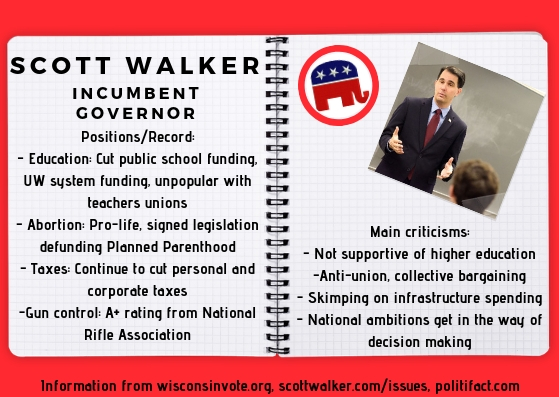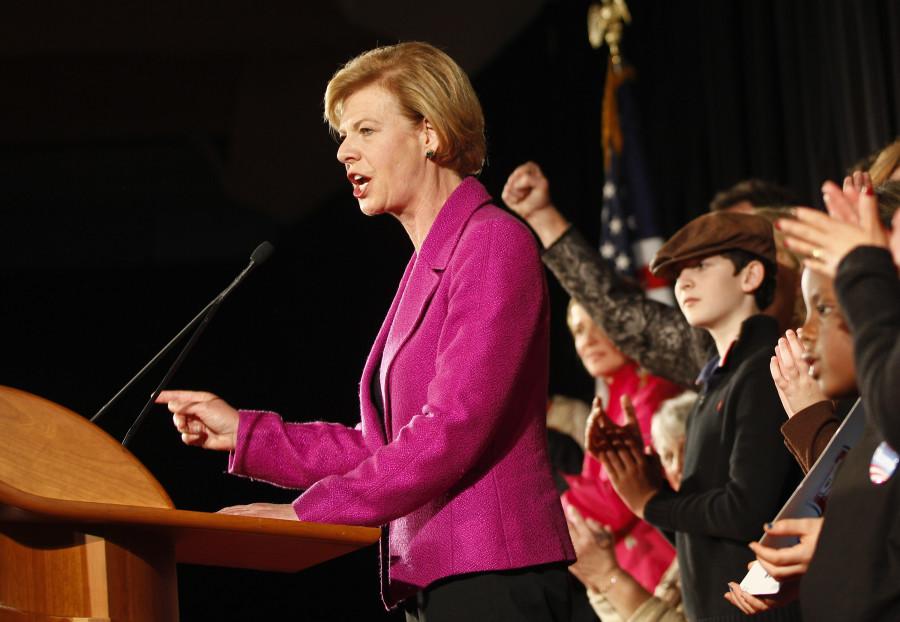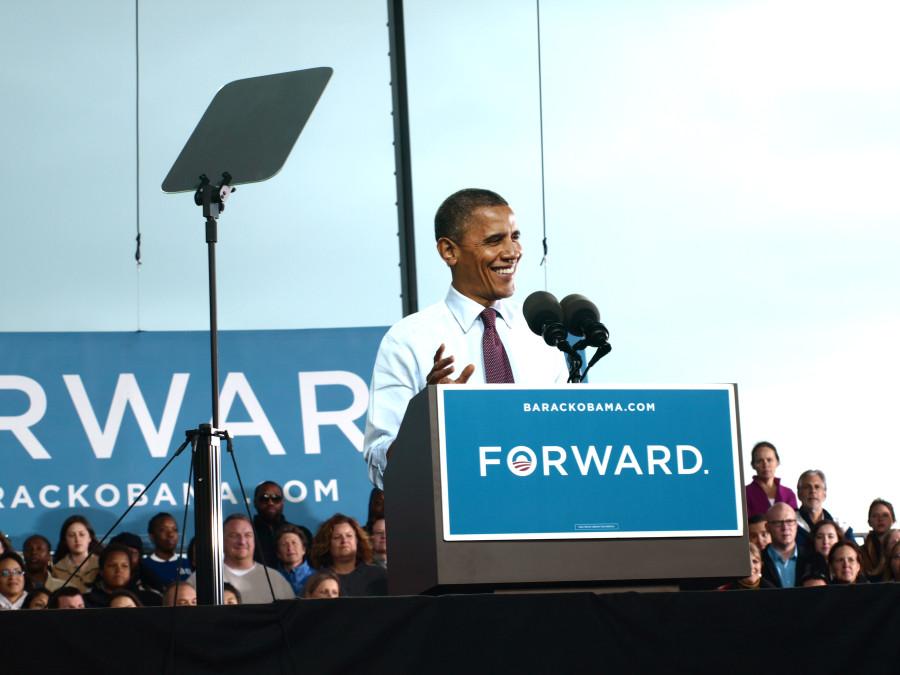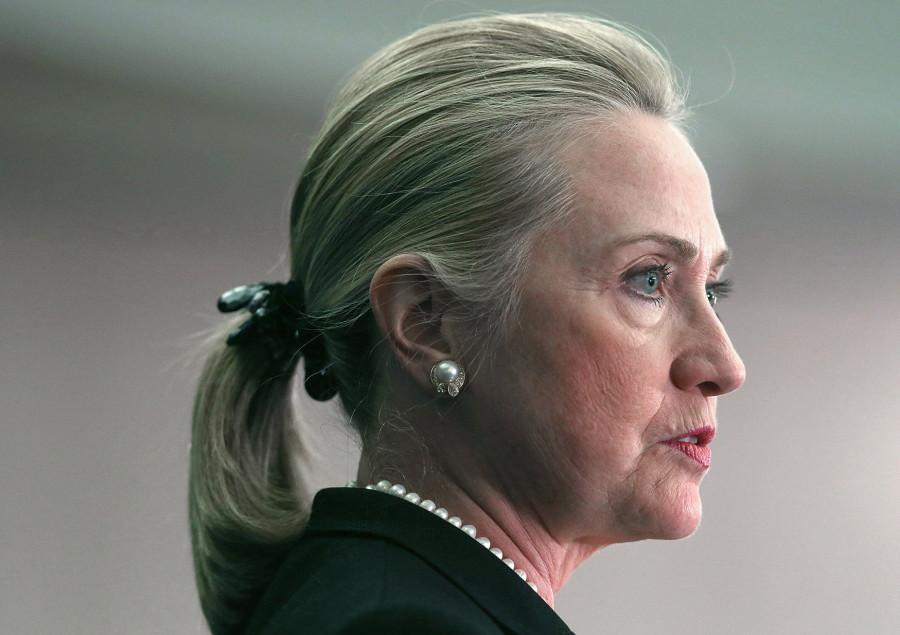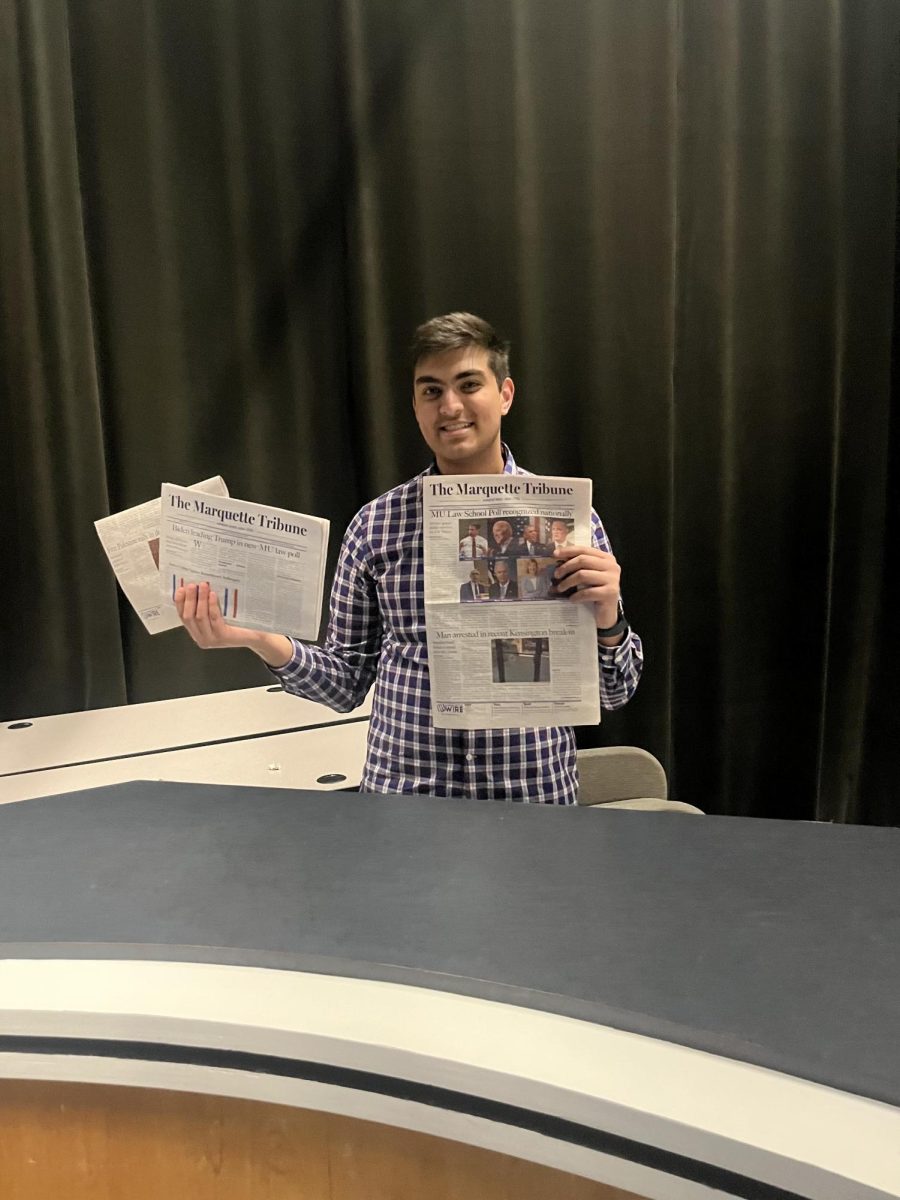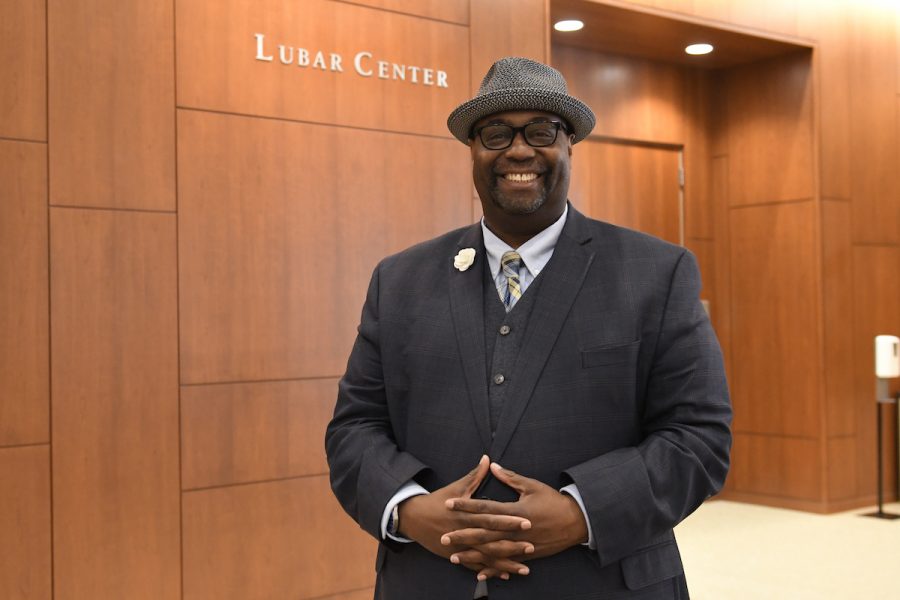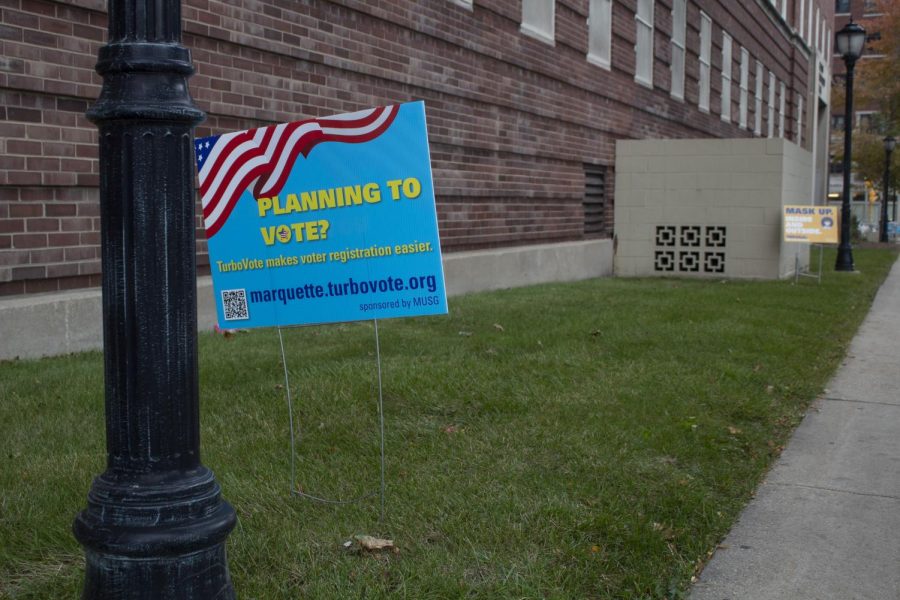
Marquette’s Law School released the results of its final poll before the election yesterday, showing President Barack Obama leading among likely Wisconsin voters, 51 to 43 percent, over former Massachusetts Gov. Mitt Romney.
The poll, which has a margin of error of 2.7 to 2.8 points, was conducted between Oct. 25 and 28 and included both landline phones and cell phone users. The poll was conducted after the final presidential debate and before Hurricane Sandy struck the East Coast.
Though the poll shows Obama leading among likely voters by eight points, the race is much tighter among those who are likely to vote and follow politics closely. With this group, Obama leads by only two points, 48 to 46 percent.
In an official release of the law school’s complete results, poll director Charles Franklin said these findings indicate voter turnout will be a major factor in deciding the election’s winner.
“It works to Obama’s advantage if the less interested voters turn out, while it improves Romney’s chances if they stay home,” Franklin said. “This shows how get-out-the-vote efforts of both parties can affect the results.”
Alex Rydin, a senior in the College of Communication who attended the release event, agreed with Franklin’s analysis.
“If the Democrats are going to pull this off, they need to make sure that those likely voters actually get out and vote,” Rydin said in an email. “If they decide to stay at home next Tuesday, the Republicans (will) likely take the state – in both the Senate and presidential races.”
The law school poll also divulged information about the race for Wisconsin’s Senate seat between U.S. Rep. Tammy Baldwin (D) and Republican and former Wisconsin Gov. Tommy Thomspon. Baldwin currently leads by four points, 47 to 43 percent. Among likely voters who follow politics closely, the race narrows, as it did in the presidential election, to a one-point lead for Baldwin, 47 to 46 percent.
Because of its advertisements’ antagonistic tone, the race between Baldwin and Thompson has been referred to as the most negative in the country. Franklin said this observation is not unfounded.
“Everybody thinks they live in the (state with the) most negative Senate race – this is a case where the data backs it up,” Franklin said.
Franklin noted that negative attacks are impacting voters’ views for the worse. According to the polls, a large percentage of likely voters view both candidates unfavorably. Both Thompson and Baldwin have the same amount of likely voters – 38 percent – viewing them in a favorable manner.
“I think we want to appreciate the symmetry between these numbers,” Franklin said. He said both Thompson and Baldwin are seeing hits in their poll numbers due to the negative content of their advertising.
When asked which candidate “would do a better job handling” policy issues such as the economy and the federal budget deficit, the numbers flip flop for Romney and Obama. Obama holds a narrow lead over Romney when it comes to the economy, leading 49 to 47 percent. However, when it comes to the federal budget deficit, Romney is seen as the candidate better suited to handle it, with 49 to 47 percent in his favor.
In other policy issues, Obama holds a stable lead over Romney on taxes, health care, foreign policy and social issues such as abortion and same-sex marriage.
Though Obama is currently leading in the state, Alan Borsuk, a senior fellow in law and public policy at the Law School who has helped with the poll, is hesitant to make any assumptions about whom Wisconsin voters will choose.
“We’ve seen a lot of shifting in the poll results – more than I expected – because there are a lot of people who label themselves as independents and who are more likely to wait until the last minute to be really sure whom they’re going to vote for,” Borsuk said in an email. “It’s not a huge number, but it’s enough to have impact on the outcome. Obama carried Wisconsin by 14 points in 2008. I’m confident that whatever happens Tuesday, it won’t involve a margin like that.”
Borsuk advised against placing too much weight on the poll results.
“As Charles Franklin said at the end (of the law poll release): It’s voters that decide elections, not pollsters,” Borsuk said.


